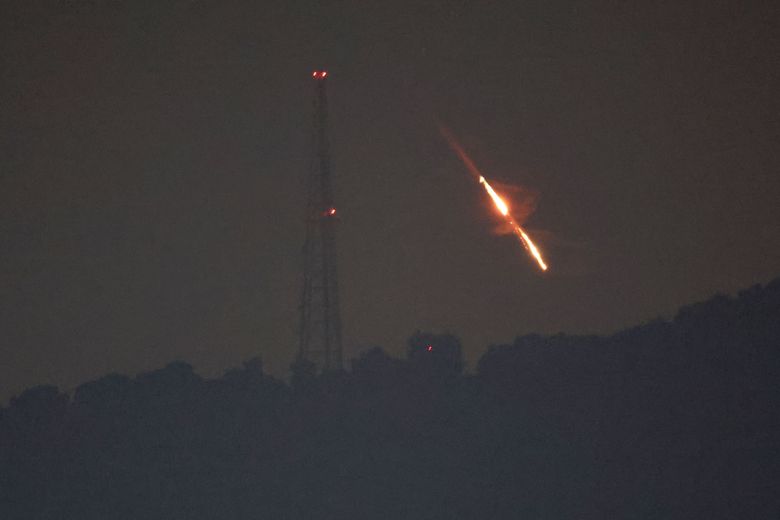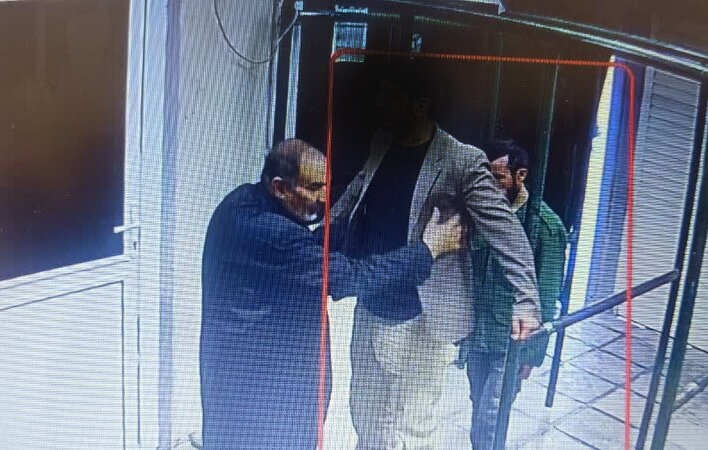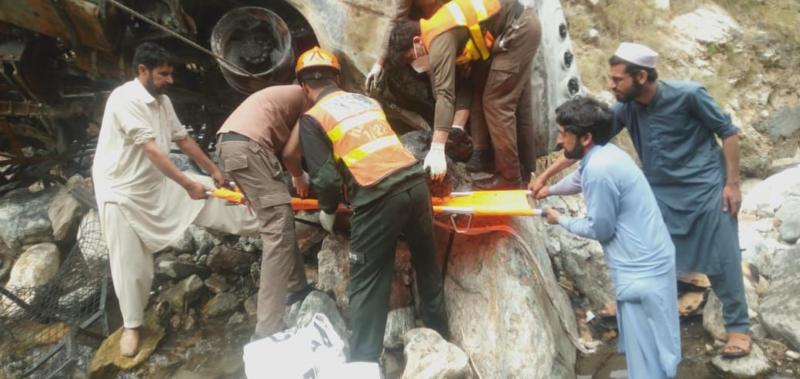Rescue teams in Myanmar and Thailand are racing against time as the window for finding survivors of the powerful earthquake that struck the region two days ago diminishes. The disaster has left a trail of destruction, with over 1,600 fatalities reported in Myanmar alone, and 17 in Thailand.
In Myanmar, the situation is dire. Despite international aid flowing in after a rare plea from the ruling junta, residents are largely leading the rescue efforts amidst a backdrop of ongoing civil war. The earthquake, described as one of the strongest to hit the country in a century, struck at a time when Myanmar’s infrastructure and resources were already strained. A magnitude 5.1 aftershock hit Mandalay on Sunday, further complicating rescue operations.
“We have received no aid, and there are no rescue workers in sight,” a resident of Sagaing, near the epicenter, told Reuters, highlighting the scarcity of government assistance. In Mandalay, residents are using rudimentary tools to search for loved ones trapped under rubble, lacking heavy equipment. The UN has warned of a critical shortage of medical supplies, hindering the response.
“All military and civilian hospitals, as well as health care workers, must work together in a coordinated and efficient manner to ensure effective medical response,” stated junta chief Senior General Min Aung Hlaing, according to state media. However, concerns remain that aid may not reach those most in need. Russia, China, India, Thailand, Malaysia, and Singapore have all contributed aid.
Meanwhile, in Bangkok, Thailand, rescue operations are focused on the site of a collapsed 30-story skyscraper. The building, under construction, trapped dozens of workers. As of Sunday, 17 deaths have been confirmed, with over 80 still missing. Rescue teams are using mechanical diggers, sniffer dogs, and thermal imaging drones to search through the debris.
“I was praying that they had survived, but when I got here and saw the ruin _ where could they be?” a grieving Naruemol Thonglek told the Associated Press, as she awaited news of her partner and five friends. The emotional toll on families waiting for news of their loved ones is profound.
The international community continues to monitor the situation, with concerns growing for the vulnerable populations in both countries.




